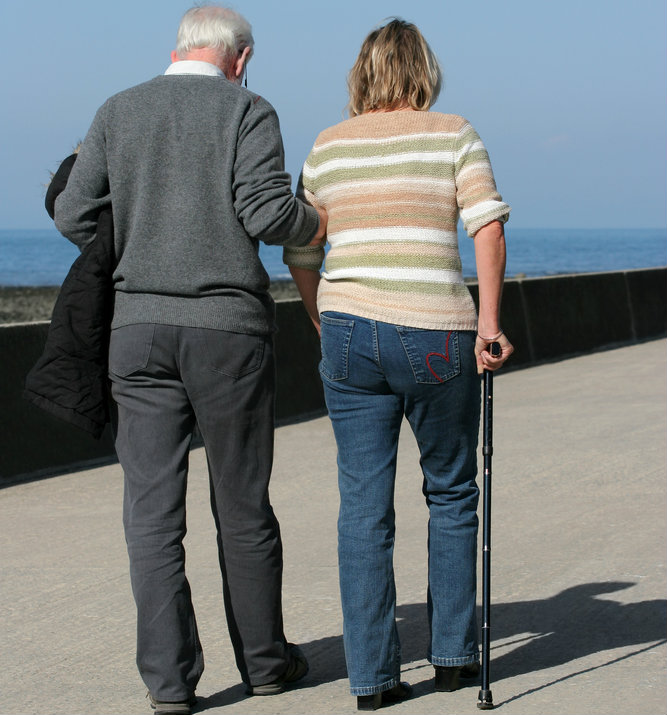Have a say in what MS researchers research
Our friends at iConquorMS have a couple of new, quick on-line surveys available for MS patients to answer. I’ll tell you about them in bit but first let me tell you about iConquorMS. (I first wrote about this groups a few weeks ago the column I write for www.multiplesclerosisnewstoday.com). Have you ever wondered how your MS experience compares with others? Your ability to go out and do things? The therapies…Continue Reading




